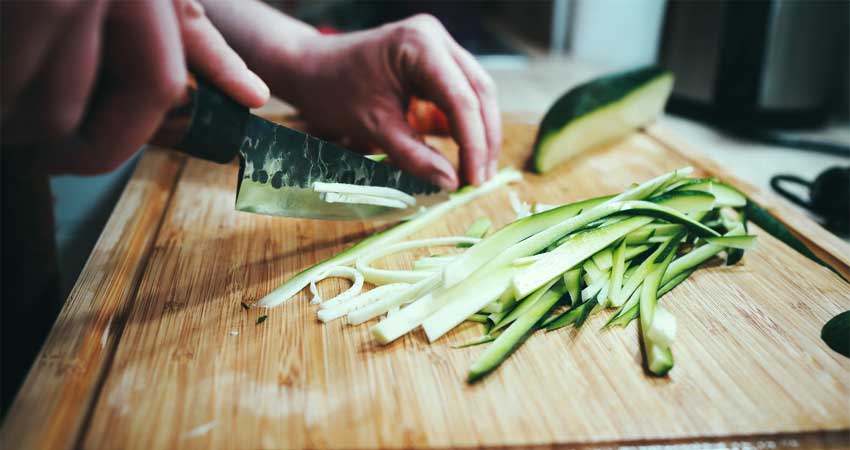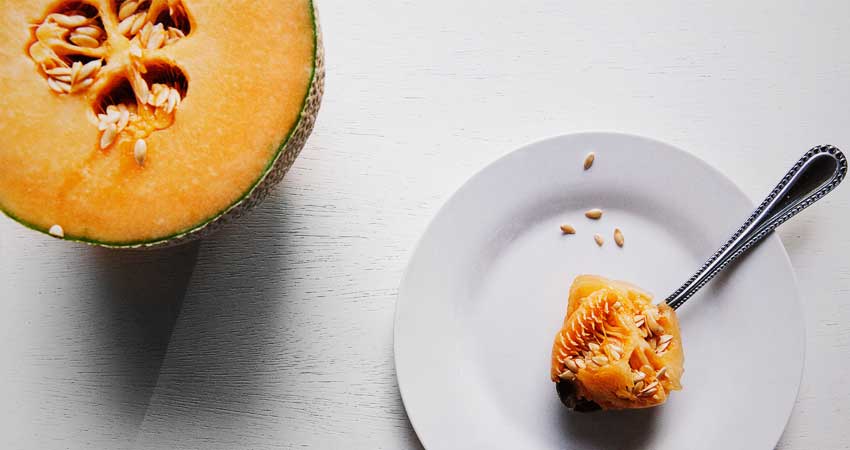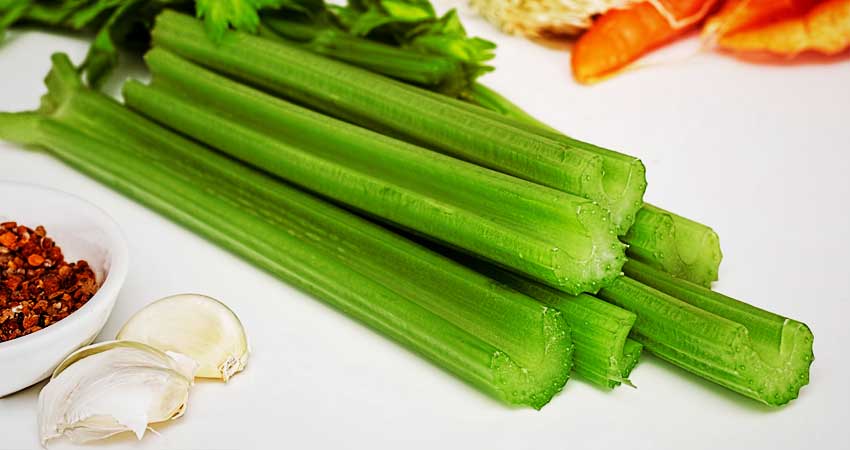Staying hydrated is incredibly important to your health, but it’s surprisingly difficult for most people to get enough water into their body throughout the day. Proper hydration can solve a lot of issues such as skin problems, muscle cramps, low blood pressure and even headaches. By ensuring that your body stays hydrated, you can avoid some serious complications from occurring in the future.
Most experts recommend that you drink several glasses of water each day. However, the exact amount that you need actually varies depending on factors like the weather and your activity level. For example, someone who exercises a lot will lose a lot of water from their body due to sweating. As a result, they need to drink more water to replenish their body. A rough indicator of how much water you should be drinking can be seen with your urine. If it’s a dark yellow or even orange, you’re dehydrated and need to start drinking water more regularly. However, if your urine is a pale yellow, then it means you’re drinking enough water throughout the day.
Unfortunately, chugging water every day can be surprisingly difficult, especially if you’re occupied with other things. Thankfully, it’s possible to get plenty of water into your body through different foods. In this article, we’re going to talk about several water-rich foods that will help you stay hydrated throughout the day.

1. Cucumber
- Water content: 96%
- Nutritional content (100g)
- Calories: 15
- Fat: 0g
- Sodium: 2mg
- Carbohydrates: 3.6g
- Protein: 0.7g
Cucumber is a champion when it comes to water-rich foods. With up to 96% water content, cucumbers are almost entirely made of water and offer some fantastic health benefits for both men and women. Compared to other vegetables on this list, cucumbers are high on nutritional content while being low on calories. They’re also incredibly easy to add to anything whether it’s a juice, salad or even a cooked dish such as a stir fry. Cucumbers can also be bought in small snacking varieties which are filling thanks to the water content and also taste great when dipped in something like Greek yoghurt.

2. Tomato
- Water content: 94%
- Nutritional content (100g)
- Calories: 18
- Fat: 0.2g
- Sodium: 5mg
- Carbohydrates: 3.9g
- Protein: 0.9g
Tomatoes are versatile, delicious and full of water. With up to 94% water content in a single tomato, it offers plenty of hydration while also being packed with flavour. We suggest serving tomatoes in salads, in your juices, as a sauce (like salsa) or even eating them whole. There are many different types of the tomato so use these nutritional stats as a general guideline when including them in your diet.

3. Watermelons
- Water content: 93%
- Nutritional content (100g)
- Calories: 30
- Fat: 0.2g
- Sodium: 1mg
- Carbohydrates: 8g
- Protein: 0.6g
Watermelon is a healthy fruit that is, as the name suggests, mostly made up of water! Because it has high water content, they are very low in calories but surprisingly high in nutritional content. They also contain powerful antioxidants like lycopene that can help your body stay healthy, and the high water content can keep you hydrated so that you can avoid issues like headaches and low blood pressure. We recommend serving watermelon wedges as a snack or as part of a fruit salad. They also make good additions to smoothies and other drinks.

4. Mushrooms
- Water content: Up to 92%
- Nutritional content (100g)
- Calories: 22
- Fat: 0.3g
- Sodium: 5mg
- Carbohydrates: 3.3g
- Protein: 3.1g
This information is typical for a standard white mushroom but can change depending on the type of mushroom you consume. Either way, mushrooms are made up of up to 92% water content and offer a fairly high amount of protein while being low in calories, and carbohydrates. They can be served in plenty of different ways and will help you stay hydrated throughout the day. We suggest adding it to soups or using it as a pizza topping.

5. Cantaloupe
- Water content: 89%
- Nutritional content (100g)
- Calories: 34
- Fat: 0.2g
- Sodium: 16mg
- Carbohydrates: 6g
- Protein: 0.8g
Cantaloupes are an incredibly nutrient-dense melon that has plenty of health-boosting effects. One of the big advantages of cantaloupe is that it’s absolutely packed full of water, boasting up to 89% water content. Eating it is simple; just cut it into wedges and eat the flesh, or add it to smoothies, yoghurts or even salads for a fruity bite.

6. Oranges
- Water content: 90%
- Nutritional content (100g)
- Calories: 47
- Fat: 0.1g
- Sodium: 0mg
- Carbohydrates: 12g
- Protein: 0.9g
Oranges are an incredibly versatile fruit that can have up to 90% water content. It’s perfect for helping you stay hydrated and it’s simple to consume or add to your diet. One of the best ways to consume oranges is to juice them. You can also cut them into wedges and serve them as a snack or after-dinner treat.

7. Peaches
- Water content: 89%
- Nutritional content (100g)
- Calories: 39
- Fat: 0.3g
- Sodium: 0mg
- Carbohydrates: 10g
- Protein: 0.9g
Although peaches can contain quite a lot of sugar, it’s also a fantastic fruit that is just packed with nutrients and water. Eating a peach with the skin on can also contribute to disease-fighting antioxidants, and its water-like content makes it a very filling fruit to consume as a snack. You can add peaches to smoothies or even eat them whole between meals.

8. Broth and Soup
- Water content: Varies
- Nutritional content: Varies
Broths and soups are quite literally made from water, but they do usually have stuff added such as vegetables or meats. While some of these can contain water content, it really depends on the bowl of soup or broth that you’re consuming. Not only can it help you hydrate yourself throughout the day, but it can also help you fill you up which results in lower calorie intake for meals. Vegetable-based soups usually contain lots of nutrients which are great for the body.
It’s important to look at your soup or broth recipe to see how much nutritional content it offers. It will depend greatly on what the soup or broth is made from.

9. Celery
- Water content: 95%
- Nutritional content (40g)
- Calories: 6
- Fat: 0.1g
- Sodium: 3mg
- Carbohydrates: 1.2g
- Protein: 0.3g
Celery is a fantastic food to add to your diet if you’re having trouble staying hydrated. This is because it’s mainly made up of water and has an incredibly low-calorie count, making it excellent for reducing your weight and also staying hydrated. It also contains a lot of fibre and other important nutrients to keep your body functioning correctly. Adding celery to a diet is easy since it can be eaten both raw and cooked. We suggest adding it to salads or even eating celery sticks whole with a dip like a yoghurt.

10. Cabbage
- Water content: 92%
- Nutritional content (100g)
- Calories: 25
- Fat: 0.1g
- Sodium: 18mg
- Carbohydrates: 6g
- Protein: 1.3g
Cabbage is one of the healthiest cruciferous vegetables that are fairly low in calories but contains lots of healthy vitamins and nutrients. It can easily be added to your meals and its healthy properties can be further enhanced by turning it into sauerkraut or kimchi. Regardless of how you eat it, it has a fantastic water content that will help you stay hydrated.
Conclusion
So if you’re having trouble staying hydrated, consider adding a few of these foods to your diet to take advantage of their incredibly high water content. They’re versatile, easy to find and filled with healthy nutrients. Plus, it can even help you manage your body weight!
Not sure how much water you should drink? Try the ecobud® USA hydration calculator, it will help you determine your ideal level of hydration. Just fill in your weight and age and the hydration calculator will guide you to the amount of water you should be drinking.